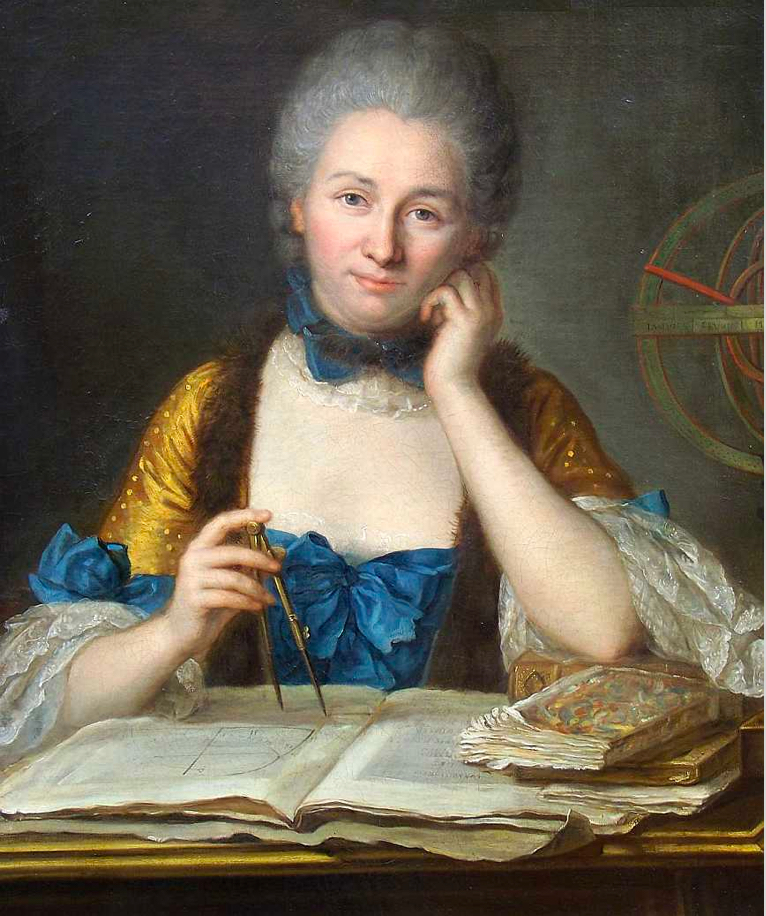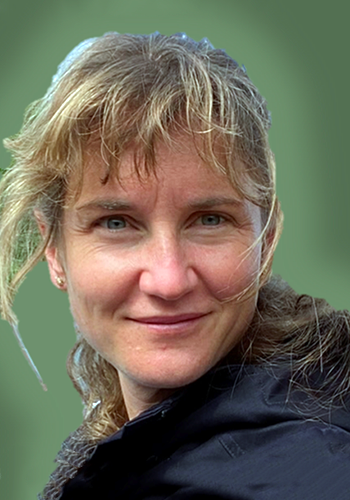Why a career in tech?
I consider technology more as a means than as an end for itself. Tech should help us to respond to the challenges of tomorrow by being integrated into a societal reflection. In high school I was attracted by a literary path, I chose however to study science because of the career opportunities more in line with my aspirations. I have a deep admiration for people going into research, but the operational aspect and the need for quick results led me to become an engineer
Your professional experience?
I followed a scientific academic path that I wanted to be as open as possible by doing a double engineering degree "ENSAM/Supélec". Following my end-of-studies internship for Schlumberger, I decided to continue the adventure with this company mainly for 3 reasons: an international career perspective with multicultural teams, prospects for development in various fields and recognized technological expertise. My background is varied because of my desire to be frequently challenged by new experiences (countries, areas of expertise, etc.). I decided to start as a field engineer on oil rigs in West Africa in the field of exploration (measurements of subsurface characterizations) in order to better understand the company's ecosystem and to use the technologies developed in the technical centers. I then made the choice to join one of these centers in England to be part of the manufacturing team of a drilling tool. Since then, I have focused on deploying a dynamic of continuous improvement in each of my jobs, and I have thus developed expertise in Lean Six Sigma. Once the technical foundation was acquired, I wanted to develop other managerial skills by becoming a recruiter. Then, to continue this switch between operational and technical, I went to the Sultanate of Oman as maintenance manager of the exploration department.
In 2016, I made the choice to join the RATP by joining the maintenance of railway rolling stock as a method manager. Since 2022, I have been asset workshop manager.
Your first experience with technology?
My first significant experience was as a field engineer in Congo. This first position, with very high financial and security stakes, was very formative both on human and technical aspects. I was fascinated by the cutting-edge technologies used to characterize the subsurface. I really enjoyed being autonomous and given responsibility for the entirety of the operations on each mission.
What do you do today, and why?
Today, I am the manager of the maintenance workshop for electro-pneumatic equipment, braking, and air production components that directly contribute to the reliability and safety of the RATP’s railway rolling stock. It is a centralized assets maintenance workshop whose clients are all the maintenance workshops for Metro, RER, and TRAMWAY trains. I have to plan and manage production on a daily basis in compliance with the quality and quantity objectives set despite the many potential hazards while building and deploying a target vision with the necessary transformation actions to absorb the increase in production load at the best costs. This implies strong managerial support in the field.
Your strengths in this role?
The experiences I have gained over the years have allowed me to know how to manage complex situations. I have great adaptability and capacity for hard work, which allows me to manage many and varied challenges.
Past challenges, failures and disappointments?
Among my values, integrity is fundamental and this was undermined when I witnessed inappropriate behavior by my superiors. I had to deal with this situation by making difficult decisions but in line with the company's code of ethics. This experience was painful but I don't regret my choices, quite the contrary: it allowed me to re-examine my aspirations and priorities while learning from my mistakes, and in particular to know how to better protect myself in the circumstances by contacting the company's "ethics unit" more quickly. Such a situation cannot be handled alone without an appropriate level of support.
Best moments, successes you’re proud of?
I am proud to have been able to bounce back after this delicate and unexpected experience, by starting in an exciting new railway field, at the heart of technical, economic, environmental, and societal issues while having a work-life balance.
I also have fond memories of the return from an offshore platform, where my team and I had successfully carried out a complex operation lasting several days without any interruption: a real technical and human challenge. The celebration party with Congolese music that came after that still resonates in my memory.
People who helped, influenced -or made your life difficult?
First of all, my parents who always made me think that anything was possible and my husband with whom I learned family compromise. I also remember Sylvie Buglioni, then Director of the Railway Rolling Stock Department at the RATP, who was able to restore my confidence by offering me very enriching and interesting missions. In general, I was impressed by the kindness and professionalism of the teams with whom I was able to collaborate or manage.
Your hopes and future challenges?
In the short term, I would like to successfully transfer my maintenance workshop and make the new one a technological and industrial showcase for RATP. The challenge that this represents also concerns the human dimension to mobilize all the skills for the success of the project.
In the longer term, to continue to evolve within the RATP group: I am attracted to the railway operations to better understand the RATP's core business but also the modernization projects to prepare for the future (arrival of new equipment and line extensions).
What do you do when you don’t work?
First of all, I take care of my 5-year-old son because the weeks are very busy. Also, I've always read a lot and in an eclectic way. I am lucky to have a colleague who led me into the adventure of running, a real discovery since that day and I will soon prepare my 3rd marathon.
Your heroes -from History or fiction?
As I thought about this question, I realized that I didn't really have any heroes or heroines. I'd rather say people who inspire me like Gisèle Halimi or Simone Veil. Otherwise, in a completely different register, "Yoko Tsuno", an electronics engineer, is one of the only comics with a heroine.
A saying or proverb you like in particular?
"You tell me, I forget. You teach me, I remember. You get me involved, I learn." Benjamin Franklin
A book to take with you on a desert island?
Apart from the guide on "how to survive on a desert island for dummies", I think I would take Jonathan Little's "The Kindly Ones" to endure the absence of Humanity or Ahmet Altan's "I will never see the world again" which gives meaning to the word freedom.
A message to young female professionals?
As long as this gender question is asked, it means that we need to continue making the society evolve, opening doors and ensuring that they remain so.
Follow your path, you need to be daring but at the same take the time to listen to your deepest motivations and not the ones of others.



